Social-Emotional Development Impact
The Need Throughout Portage County
According to data from the 2021 Portage County Youth Risk Behavior Survey (YRBS), the rates of students self-reporting mental health symptoms and challenges increased in all categories (e.g., anxiety, depression, self-harm, suicidality) compared to pre-pandemic data. Overall, 58% of Portage County high school students in 2021 answered affirmatively to at least one question relating to experiencing mental health challenges during the 12 months before the survey.
Local emergency department data reveals that self-harm injury-related visits among patients aged 0-17 increased by over 50% in Portage County between 2016 and 2021.
Unfortunately, despite the need for services, Portage County is a designated Mental Health Professionals Shortage Area. The current patient-to-provider ratio is 790:1 in Portage County compared to 440:1 statewide in Wisconsin (2023 Portage County LIFE Report), and the problem is even more pronounced for youth seeking services. With a limited number of providers and long waiting lists, it can take families months to see service providers about mental health concerns.
What is Social-Emotional Development?
Social and emotional development is a critical element of both education and healthy human development. Through social emotional learning, young people and adults can understand and manage their emotions, set and achieve goals, feel and show concern for others, establish and maintain positive relationships and make responsible decisions.
These competencies form a strong foundation for the healthy development of youth and have a positive impact on many areas of their lives:
- Academics: strong social-emotional competencies lead to improved school performance, behaviors and attitudes.
- Relationships: strong connections with others play an essential role in the development of young people’s identity, personality and perspective.
- Physical and Mental Health: the earlier in life youth develop skills such as stress management and problem-solving, the more likely they are to make healthy decisions in their adolescent years, reducing the likelihood of problems with substance abuse and other unhealthy behaviors.
Impact Numbers
145
Club Members who Participated in Great Futures! Program
57
Club Members who Participated in Great Futures! Program at our Rural Sites
906
Club Members who Participated in Social-Emotional Learning Programming
Our Why
Prior to joining the Great Futures! program, a Club member really struggled with managing her emotions using positive behaviors. She would scream, run into the hallway and avoid listening to any staff while she was escalated. While working with her through the program, we helped her work on different ways to deescalate herself in positive ways. During the four months that this Club member was in the Great Futures! program, we have seen a major improvement in using coping skills and resources at Club. Recently, there was a time she escalated while at Club due to a disagreement she had with another member. Instead of running out into the hallway, she asked a staff member if she could have a moment in the reset corner. Together she and the staff built a fort and she used her toolbox to calm down.
We had a member at a rural location request specifically to talk to one of our Social-Emotional Learning Specialist, Morgan, and she was little confused as she had little interaction with this member besides the general interaction with Club members. When Mrs. Morgan went to that rural site, the member walked directly up to me and said, “Mrs. Morgan, I was told you are the person to talk to when I’m feeling upset, so I need to talk to you now.” Mrs. Morgan ended up having a conversation with this member about the stress he was experiencing due to a spelling test. She walked through some different ways to work through the stress and ways to communicate it with his parents and teacher. Once their conversation came to an end, he mentioned that he was thankful that another member (someone who is on the Great Futures! Program) had mentioned that she was someone he should talk to about his experience.
